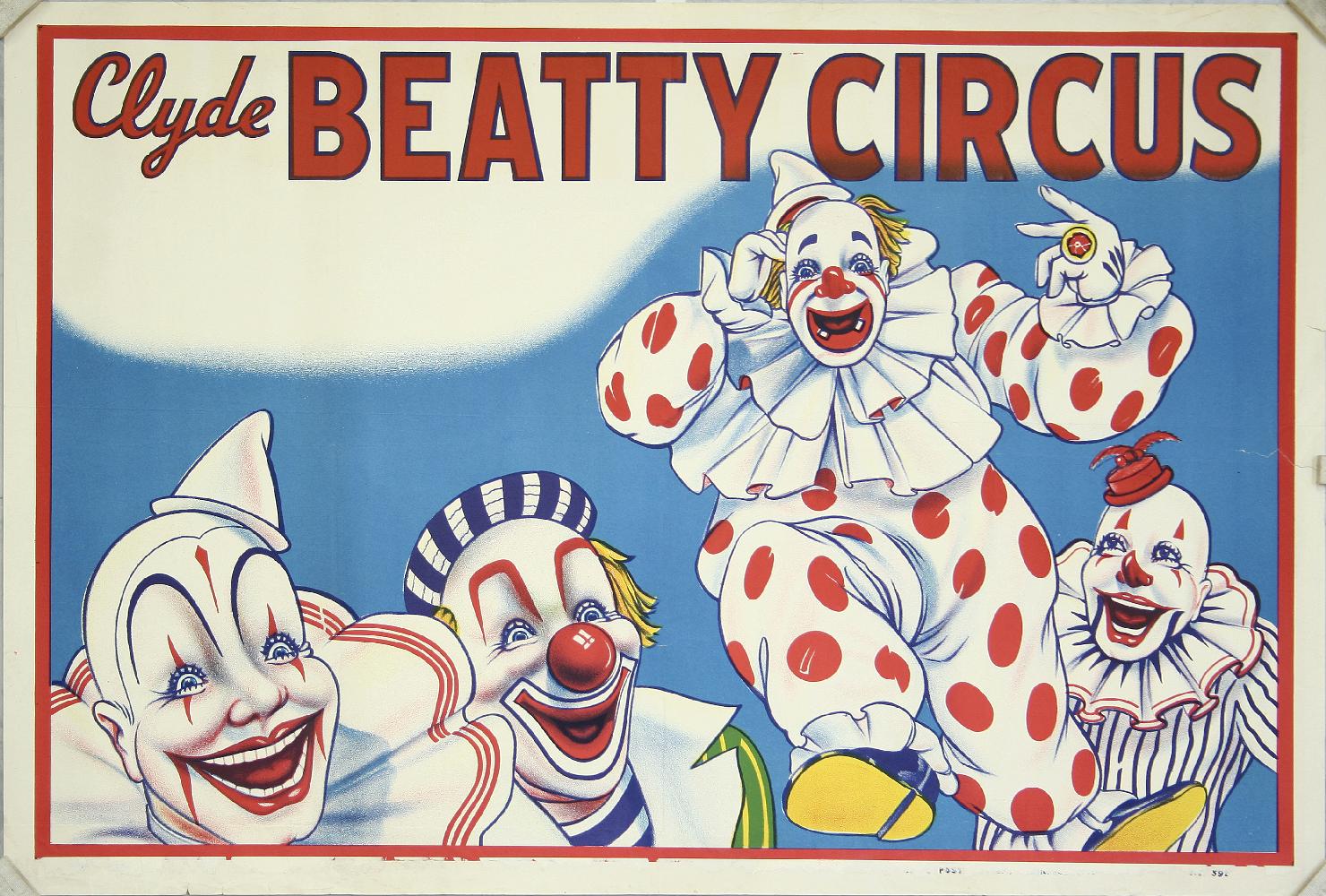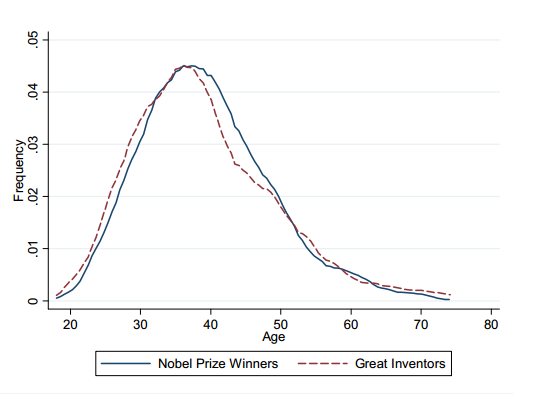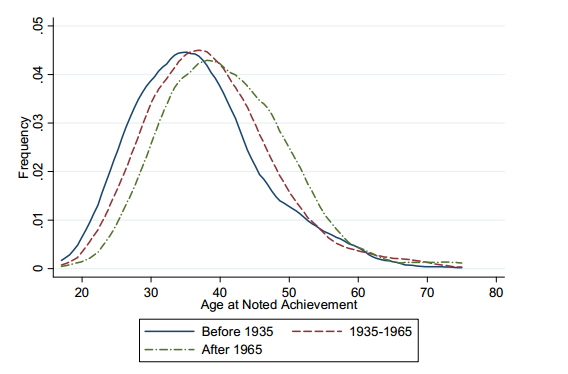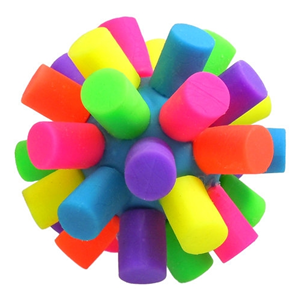I've posted a few times over the last year or so on the blog about the really interesting and important demographic changes happening in the American workforce. Mostly, these changes break down into two, related areas. One, the workforce and the population overall is aging. And two, the overall US labor force participation rate is falling, due in large part to the increasing number and pace of retirements of baby boom generation workers.
But those posts of mine I've linked to above, and honestly most of the 'Econ' type articles on these trends (and their implications for workplaces, companies, and policy), tend to be pretty dry and mostly academic and not really the kinds of pieces that really make anyone think for more than a minute or two about them. Bar charts with fancy shading or graphs with some trend lines can only move you so much. None of seems all that real if you get my meaning.
So for this re-set and take on the aging workforce and what it might mean for you, instead of dropping another chart and trying to convince you that this stuff matters, I want to point you to a short, but fascinating piece from the NY Daily News titled National Clown Shortage May Be Approaching, Trade Organizations Fear that illustrates just how these trends are playing out in the real world, (if 'clowning' could be considered the real world that is).
Turns out there aren't enough people, especially younger people, taking up professional clowning as an occupation. Check some quotes from the NYDN piece:
Membership at the country’s largest trade organizations for the jokesters has plunged over the past decade as declining interest, old age and higher standards among employers align against Krusty, Bozo and their crimson-nosed colleagues.
“What’s happening is attrition,” said Clowns of America International President Glen Kohlberger, who added that membership at the Florida-based organization has plummeted since 2006. “The older clowns are passing away.”
“The challenge is getting younger people involved in clowning,” said Association President Deanna (Dee Dee) Hartmier, who said most of her members are over 40.
“What happens is they go on to high school and college and clowning isn’t cool anymore,” he said. “Clowning is then put on the back burner until their late 40s and early 50s.”
Right there, in the micro-micro world of professional clowning you can see just about all of the major issues with much wider swaths of the workplace and jobs landscape today.
The job has been around a long time, but kids don't see it as cool anymore, and not enough of them are entering the field.
The incumbents are all getting older, retiring, even dying off and shortages are manifesting.
But the job, believe it or not, has higher standards for entry than in the past, so at the same time that interest in the field is falling, the barriers to entry are rising. And customers, the end customers I mean, are demanding more and more for thieir dollar. According to Ringling Bros. Director of Talent David Kiser, “Our audience expects to be wowed. No longer is it good enough to just drop your pants and focus on boxer shorts.”
Ok, at this point, if you have not already bailed out, I want you to think past the scary clown shortage, and consider the roles and people in your organization.
There is almost no doubt you have some of these kinds of 'clown' roles in your shop - ones that are important to the business, but for some reason do not attract enough of a pipeline or candidate flow to sustain once the incumbents trail off. But at the same time as these jobs get more important and pressing to fill, business or technology changes make the qualifications you are looking for even more difficult. Finally, these are still 'clown' jobs after all, they are not the best paying, most socially desirable kinds of gigs.
Oh, one last thing - in the 'If my suitcase doesn't show up in baggage claim within 5 minutes of touching down I am going to tweet about how terrible this airline is' age of the social media enabled customer, the demands for service and performance of this clown role (that you can't fill) are just getting worse.
Maybe not today, maybe not tomorrow, but soon I think, you will have to face the same kinds of challenges that are facing the circuses.
What are you going to do to prepare for when (Insert whatever it is your company does) isn't cool anymore?


 Steve
Steve





